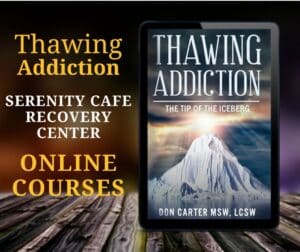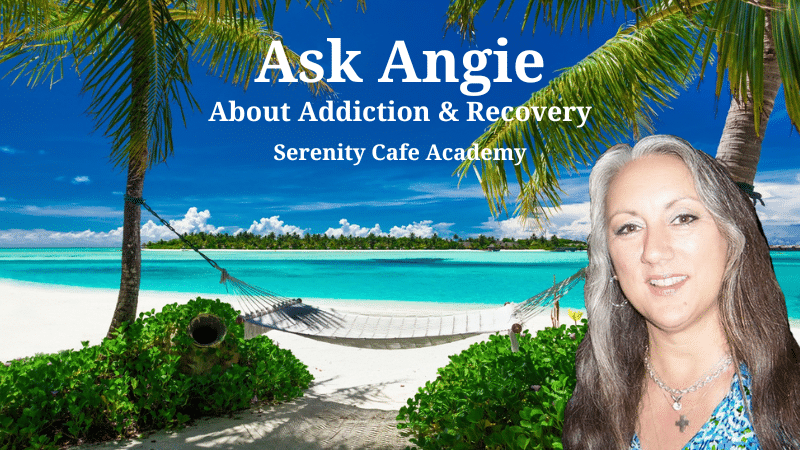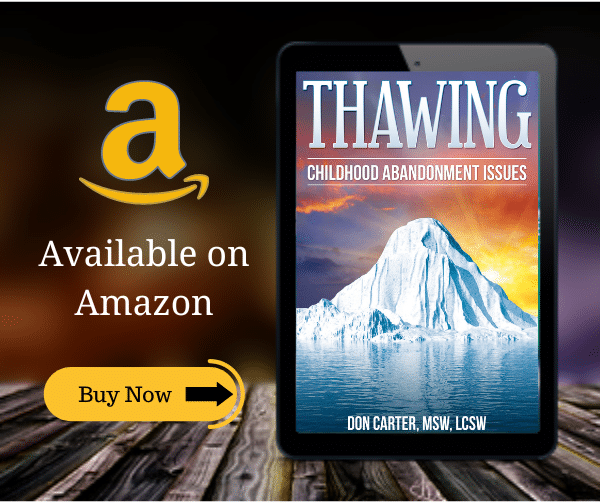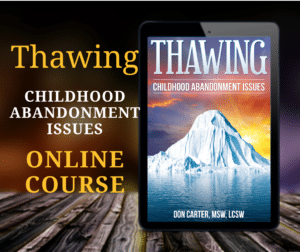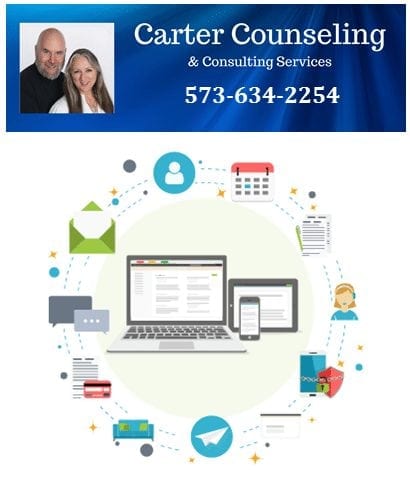
Holidays and Addiction – Happy or Horrifying
Families dread the holidays and addiction scenario that is played out somewhere in almost every community – the person who drinks too much. The holiday season can be a time of good cheer, or in the case of someone who overindulges with spirits of a distilled nature, it can be a nightmare.
Surviving the Holidays and Addiction
Questions? Contact Angie at Carter Counseling
What can a person do whose loved one has a drinking problem and can turn a happy time into a mixed bag of anxiety, anger, and frustration? Their irrational and sometimes embarrassing behaviors can be the source of many holiday conflicts and hurt feelings.
I understand this type of holiday and addiction scenario, not only on a professional level but on a personal level as well. I am an alcoholic in long-term recovery and many times have been the source of pain and embarrassment to others. But as a result of my recovery, I have fortunately not been the creator of any drunken escapades for a while. Thank God. I am also a family member in long-term recovery, which means I have been negatively impacted or affected by a loved ones drinking or drug problem, so I attend a support group for that purpose also.
Many times a person with a drinking problem can be very sincere and believable in their attempt to abstain, control or moderate the amount they consume. In most cases, it is not their intention to create havoc or conflict. The first part of the brain that alcohol affects is the frontal cortex where decision-making takes place. Rational reasoning and inhibitions become drug-affected. The results can be unwelcome actions and behaviors. Holidays and addiction scenes can be followed by tremendous feelings of guilt and shame on the part of the drinker, although many times that is not outwardly apparent.
Whenever I felt bad about my drinking I would try to laugh it off or suppress the negative feelings connected to my behavior. That made it appear as if it was ok and it didn’t bother me, which wasn’t true. I was in a powerful “relationship” with alcohol and that distorted my ability to clearly see the situation. This type of denial allowed me to continue to drink without really seeing the gravity of the problem.
If we are dealing with someone who has a drinking problem we can set ourselves up by our expectations. Maybe we are counting on them not to drink this time, or at least not as much. But if we look at past patterns it can tell the story. There may have been promises on their part, or ultimatums on our part to control the drinking. Either way, something happens and once again a negative situation occurs where excessive drinking is involved.
How to Avoid Holiday and Addiction Scenes
What can be done to thwart this type of scenario? Not much can be done to control someone’s drinking, but boundaries can be set to minimize your exposure to the negative impact of it. The first step in setting a boundary is to know what your value system is. Know what is acceptable or unacceptable to you. It is important to be very clear about this because if you are not, it sends a mixed message. Most people don’t have a problem knowing what they want or don’t want in their lives, the problem is how to implement and maintain the boundary.
Next, you would clearly state what you intend to do if your boundary is crossed. This is the most important part of the boundary. Following through with your intended action is imperative to the process. If you can’t hold to what you say you are going to do, then do not say it. Start out with a smaller boundary, one that you can manage until you become more skilled at following through with your stated intentions.
Setting a boundary is not about threatening, scolding, nagging, belittling, manipulating, or using anger to get the outcome you want. It is not about changing the other person; it is about taking care of yourself. Establishing healthy boundaries, especially the boundaries between holidays and addiction, does not happen overnight. Support groups have been vital in helping me learn how to do this and also work through any fears that can accompany such a task.
When you don’t know how to do something it is wise to seek the experience of someone who does. Seeking support can be very difficult because of the stigma attached to these kinds of problems. But as someone wise once said, “Nothing changes, if nothing changes.” There is hope and there is help. May you enjoy a happy holiday and addiction-free fun time, for a truly joyous celebration this year!
About the Author
Angie Carter, CRADC, SAP is a certified alcohol and drug counselor in the State of Missouri and DOT certified Substance Abuse Professional. She is in private practice with her husband at Carter Counseling & Consulting Services in Central Missouri. Angie primarily sees clients in the office but is also available for telephone coaching and/or consultation. Click here to contact Angie with your questions or feedback.
